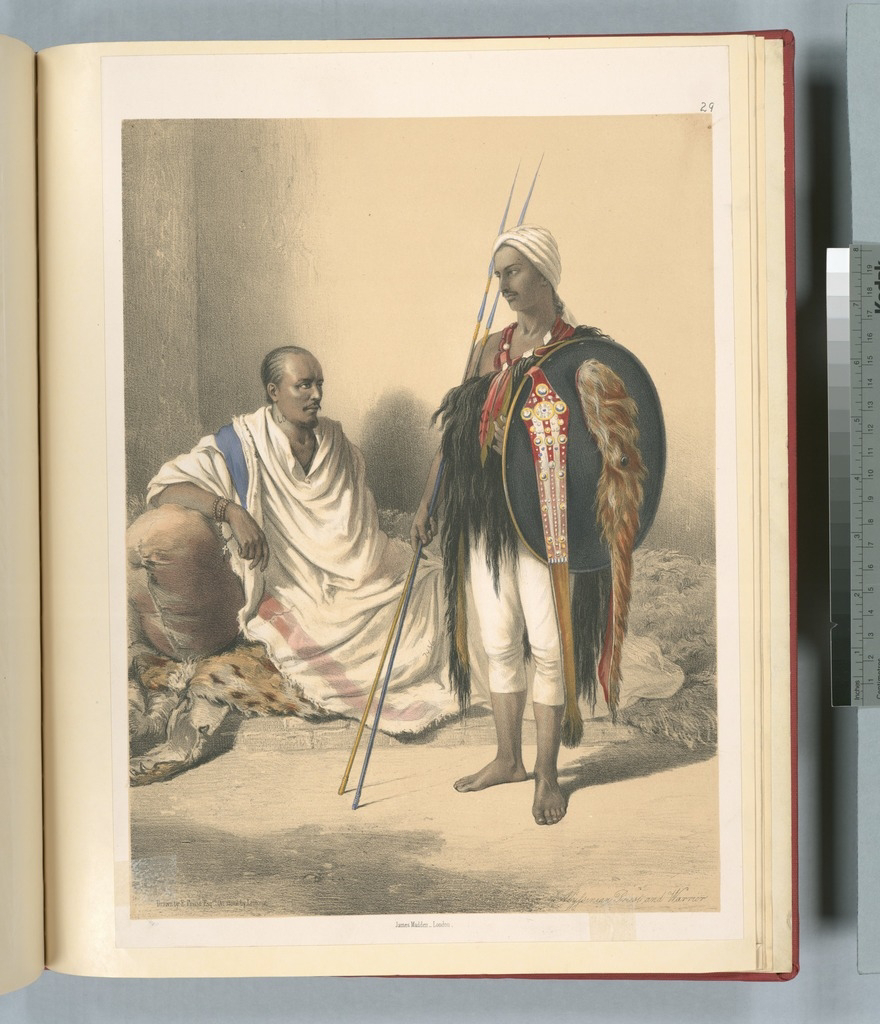Are You A Bad Cleric? Probably.
Clerics do godly stuff. It's that simple. Fighters and Thieves are self explanatory. "How does magic work?" is commonly a very simple explanation that has little variances here and there between arcane classes, but ultimately is fairly straightforward (magic is accomplished through x, which you picked up by x). Druids are where things get a little more complicated (are you a Nature Priest or a Radagast type Wizard?). Clerics are where the real deep shit comes in.
What Is My Knowledge Of My God?
Has the Cleric ever been directly visited by their deity? Have they met a representative (messenger)? Does the deity have a doctrine or a moral code by which they expect their subjects to follow? Is any of this true, or is the deity just granting miracles mysteriously in spite of false doctrines and charlatans?
If you're thinking, "Of course they know what their gods want, what else would it be like," I invite you to consider The Lord of Light from Game of Thrones. Though Red Priests interpret visions in the flames (sometimes incorrectly), but ultimately, his Priests often suffer when taking this guidance to heart. What R'hllor wants is truly a mystery, even if believers are clinging to a Messianic prophecy.
I believe that much is lost when not considering just how much the Priest knows and how much is left to faith. Even more is lost when players essentially treat Clerics as healing Wizards.
For a proper Cleric, the Cleric prays for the powers and the Deity figures out if you've been a good enough boy or girl this year before you get them.
Typically, this manifests in a manner of praying in the morning or at night and asking permission to be able to do certain things when the need arises. That's the process of preparing Cleric spells. This subservient relationship cannot be emphasized enough. The Cleric is nothing without their deity.
In light of that, anything that the Cleric does with these bestowed gifts should have credit given where credit is due. If you're thanked for your miracles, it wasn't you, it was your deity. If you're making miracles happen, it should be less of a spell and more of a prayer.
The Cleric should know their deity's passions as much as possible. If a literal god is funneling their power through you, essentially dispelling any doubts that their celestial eyes are cast directly down on you from time to time, you need to not fuck things up.
Don't piss your deity off. Use their powers in a way that they approve. Convert others to worship with you. Embody the virtues of your deity or your faith. Only in doing all of these things are you playing a Cleric.
As always, you can do what you want when you're playing. You can choose to run a Cleric like a Wizard who heals. You can play them like a Charlatan. You can make an atheist who does miracles, or a reluctant Cleric who has no desire to spread the faith. But you're missing out on a particular richness in depth that comes from developing these concepts to their full extent.
Got some atypical Clerics that you went balls deep on? Tell me about them. Maybe I'll learn something useful.



Comments
Post a Comment